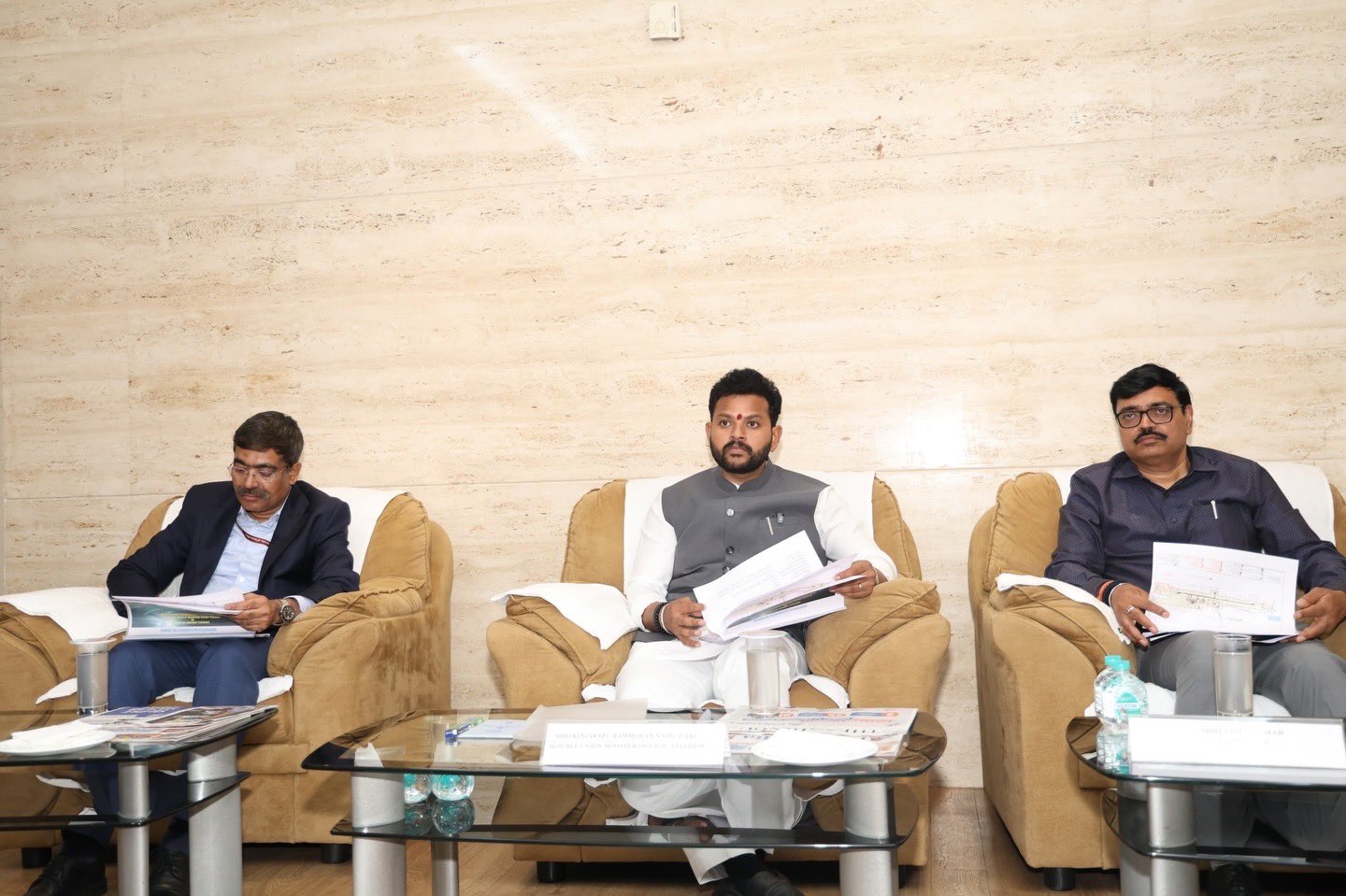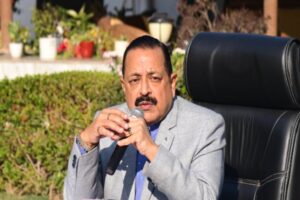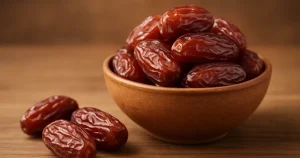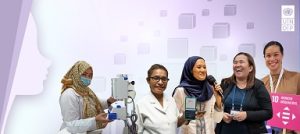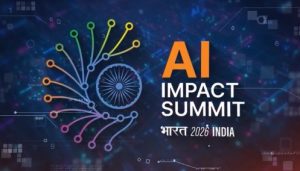Last Updated on May 30, 2025 12:44 pm by BIZNAMA NEWS

BY S N VERMA
In a landmark achievement aligned with the goals of the National Education Policy (NEP) 2020, Goa has been officially declared a fully literate state under the Ullas – New India Literacy Programme. Chief Minister Dr. Pramod Sawant made the announcement on the occasion of Goa’s 39th Statehood Day (May 30, 2025) at a grand ceremony held at Dinanath Mangeshkar Kala Mandir in Panaji. By surpassing the national benchmark of 95% literacy, Goa becomes only the second state in India to achieve this milestone — a major step forward in the country’s mission to attain complete literacy by 2030.
Adopting a whole-of-government approach, the Goa government collaborated closely with multiple departments — including the Directorate of Panchayats, Directorate of Municipal Administration, Directorate of Social Welfare, Directorate of Planning and Statistics, and the Directorate of Women and Child Development. These departments played a crucial role in identifying non-literate individuals and mobilizing resources to reach every corner of the state.
Speaking at an event in Panaji, Sawant credited the success to the implementation of the ULLAS Nav Bharat Saaksharta Karyakram (Understanding for Lifelong Learning for All in Society), also known as the New India Literacy Programme (NILP), a centrally sponsored initiative aligned with the National Education Policy (NEP) 2020.
“Our sustained collective efforts to strengthen the education sector with new advancements and NEP 2020 have yielded results,” the Chief Minister said.
Launched with the goal of achieving nationwide literacy by 2030, the ULLAS programme targets individuals aged 15 and above who missed out on formal education. It focuses on functional literacy — reading, writing, and numeracy — while also addressing financial literacy and essential life skills.
In Goa, the campaign was implemented through a network of schools, supported by Resource Adult Trainee Coordinators (RATCs) and a wide volunteer base that included retired teachers, NSS units, teacher trainees, and education professionals.
To support learners, the state developed multilingual primers in Konkani, Marathi, Hindi, and English, tailored to adult education needs.
Officials said a total of 2,981 non-literate individuals were identified across the state’s 12 talukas and brought into the fold of the programme. “This is not just a statistical achievement; it is a social transformation,” an education department official said.

